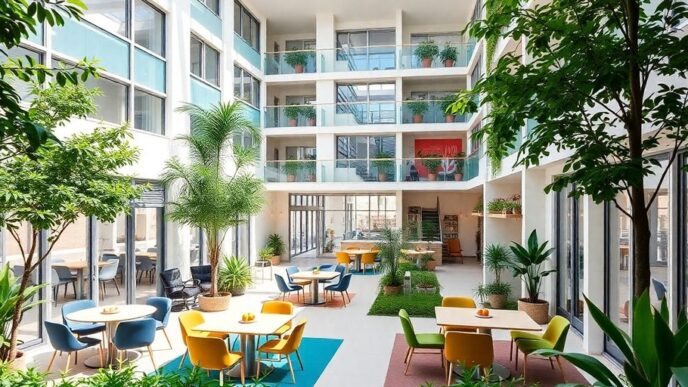Portugal is navigating a complex landscape of economic changes, marked by budget surpluses and housing initiatives, while also facing the privatization of its national airline, TAP Air Portugal. The government is striving to balance fiscal responsibility with social needs amid shifting political dynamics.
Economic Recovery and Budget Surpluses
After over a decade of economic turmoil following the debt crisis, Portugal has emerged as a model of fiscal responsibility within the European Union. The country is set to record its third consecutive budget surplus, a significant achievement that reflects improved public finance management.
The government has been praised for adhering to EU fiscal rules, which has bolstered its reputation among international financial institutions. However, experts caution that continued vigilance is necessary to maintain this positive trajectory and avoid a return to previous fiscal challenges.
Housing in Lisbon
In response to the ongoing housing crisis, the Lisbon City Council has opened applications for the seventh edition of the Municipal Subsidy for Affordable Rent (SMAA). This program aims to assist families and professionals who spend over 30% of their income on rent in the private market.
The initiative reflects the government’s commitment to addressing housing affordability, a pressing issue for many residents in the capital.
Privatization of TAP Air Portugal
The Portuguese government is also considering the privatization of TAP Air Portugal, with Air France-KLM expressing interest in acquiring a minority stake. This move comes as the government seeks to navigate the complexities of public ownership and the airline’s financial recovery post-COVID-19.
The privatization process is expected to be closely monitored by the European Commission, which has concerns about market dominance among major airline groups.
As Portugal navigates these economic changes, the government faces the challenge of balancing fiscal discipline with social welfare initiatives. The outcomes of the housing subsidy program and the privatization of TAP will be critical in shaping the country’s economic landscape in the coming years. The government’s ability to adapt to these challenges will determine its success in maintaining stability and growth in a rapidly changing environment.













